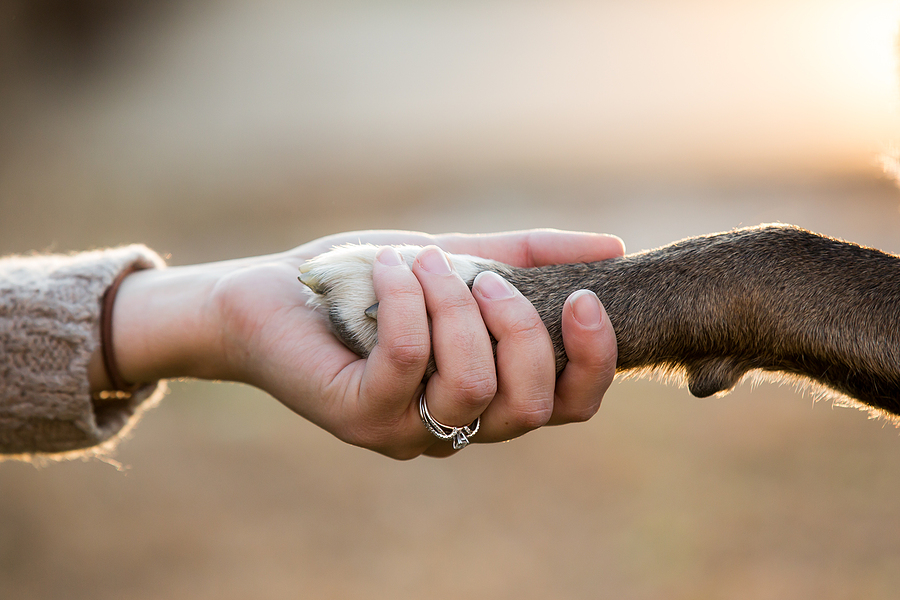The last year of my cat’s life was a nightmare rollercoaster. Sebastian was battling cancer and undergoing chemotherapy. He lost his appetite, and I became obsessed with feeding him. I tried every brand of food, cooked for him, and checked his food bowl a dozen times daily to monitor how much he was eating. Finally, just short of his 18th birthday, I made the heart-wrenching decision to let him go.
The next day, I automatically checked his food bowl. I stared at the empty dish, hit with the gut-punch reminder that I no longer had to check it. I was then flooded with relief. No more pills, no more worry, no more checking that damn bowl every hour. I immediately felt guilty. How could I feel relief? I would gladly trade staring at that bowl all day if I could just have more time with my beloved friend.
When you lose a pet, you expect to grieve. What often comes as a surprise is the guilt. Did you do enough? Did you wait too long? Did you end a life too soon? The “what ifs” can haunt you longer than the pain of loss.
“Guilt is part of a normal emotional response to any loss,” says Stephanie Rogers, GCCA-C, CT, a certified grief counselor and thanatologist with specializations in child and adolescent grief and animal companion loss recovery in Tampa, Florida. “It is especially prevalent in situations where guardians have had to make the decision to provide their animal companions with a good death via euthanasia, or in cases of accidental death when the human feels they may have failed to keep their beloved animal safe and secure. Even when your animal companion dies of natural causes, you can experience guilt simply because of the basic relationship you have with them, that of guardian and provider, very much like the relationship of a human parent to a human child.”
It’s human nature to second-guess yourself. This can be especially painful if you’ve said goodbye to an elderly pet, or one with significant health issues.
Rogers explains: “Every human emotion is a normal part of the grief experience. Despite the depth of love you feel, the role of primary caregiver to an aging and/or terminally ill animal can be exhausting, so it is only natural that you might experience a sense of relief when you are no longer in that role. Relief does not mean that you love your companion animal any less. It simply means that the compassionate care you provided them throughout the end of their life has left you in need of rest and recuperation yourself.”
Another sneaky onslaught of guilt can strike when you start to open your heart to another pet. Is this disrespectful to the memory of the pet you lost? Bringing another pet into your family is a personal decision, but Rogers recommends proceeding with caution. She advises, “I have found that waiting two or three months before beginning the search for another animal companion can mitigate the feelings of guilt and even regret that can arise when considering a new addition to your family. While these feelings are completely natural, they may also be a sign that your head is trying to make a decision with which you heart cannot yet agree.”
If you are wracked with guilt over the loss of your pet, know that you are not alone. If you find you’re having difficulty coping, there’s no shame in seeking professional help. Rogers offers some signs that can indicate you may benefit from professional grief counseling:
- Thoughts of harm to self or others
- Limited family/social support
- History of mental health conditions (your own or a family member)
- History of substance abuse
- Multiple losses in a short period of time (including losses other than death)
- Traumatic loss (e.g., violence, accident, or disappearance)
- Intrusive thoughts (usually guilt and self-recrimination) that interfere with your ability to live life.
We open our hearts to pets knowing their lives will be short. Please be kind to yourself as you grieve the loss of your friend. Saying goodbye is hard enough as it is, without adding guilt to your pain.
This article was reviewed/edited by board-certified veterinary behaviorist Dr. Kenneth Martin and/or veterinary technician specialist in behavior Debbie Martin, LVT.








